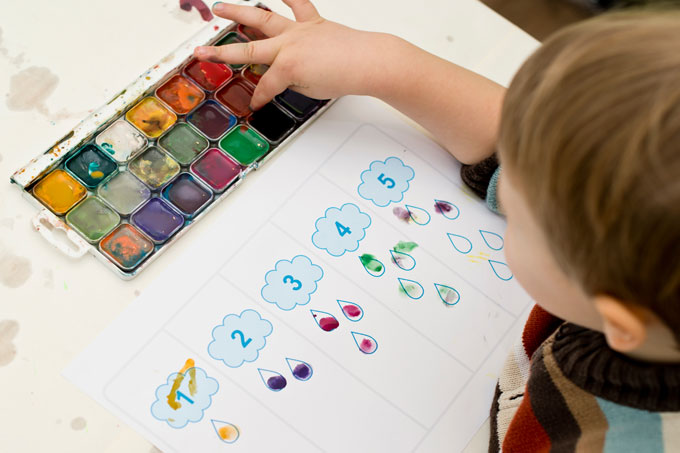As the government considers how and when to reopen our schools, Wendy Cobb and Tom Troppe explore the topic and discuss whether early years education should be re-evaluated.
Esther McVey has suggested that reopening nurseries must be a priority to ensure children’s development is not damaged.
Recently we have noticed an outpouring of anxiety expressed on Twitter and Facebook as parents struggle to balance the requirements of working from home and schooling their children. The mainstream media echo these sentiments to the point of suggesting that being at home with children is ‘breaking parents’. From our contexts (we were both previously stay at home parents, in America and England respectively), this looks like a rapidly hardening social construct of childhood, in which children are cast as burdensome, or someone else’s responsibility, or even unwelcome in their own home. Such a construction couldn’t be further from our experiences, especially feeling, as we both do, the pain of being so far from our children during this pandemic.
While many families seem more desperate than ever for the help of the Early Years Sector, we would like to gently push back against the suggestion that children’s development is damaged at home. According to the Department for Education, the Home Learning Environment is instead a key predictor for a child’s future success. At the end of the day, we don’t want an accumulation of well-earned frustration expressed on social media to cause us all to lose sight of this fact—or of the joy that a lot of us find in spending time with our children.
McVey, of course, is right to place such a high importance on the Early Childhood Education (ECE) sector, but is the importance some parents are placing on reopening school places so much about the value of the educational opportunity or something else? Being a stay at home mum/dad has to a large extent been demonised in recent years amid warnings of the dangers of ‘motherism’, or what Sigman described as a prejudice against stay-at-home mothers. Being a working mum/dad has become more than a norm, it is now an expectation to do our duty, in much the same way that being ‘locked in’ with our children is a requirement under current Government guidance. Of course, we all feel a responsibility to play our part for the national good during these challenging times, but at what expense to our children?
McVey seems to be suggesting that children’s early education in nurseries is the developmental ideal; the counter argument being that young children are best nurtured and educated in the loving confines of the home. Of course, there is no one ideal, neither is the decision about where our children are educated a simple question of parental choice.
Early Childhood Educators have always been ‘essential workers’ and like care workers have for too long been undervalued and underpaid. The current crisis has made us think a lot about how, at the University, we prepare people to serve this part of the education ‘industry’ and how the ECE sector is being cast into a spotlight for re-evaluation.
There seems to us to be a delicate balance between protecting the economics of the ECE sector– and possibly even making overdue improvements to pay and recognition of these workers given these popular feelings of desperation –and recognizing the abilities and joys of the parents who express willingness and desire to develop a robust home learning environment. Ultimately, we aim for an understanding of children not as burdens, but as collaborators who unite schools and parents in the building of a better future.
Tom Troppe is a Doctoral Student and Wendy Cobb is a Senior Lecturer in the Faculty of Education
 Expert comment
Expert comment Emma Grafton-Williams
Emma Grafton-Williams 1423
1423


